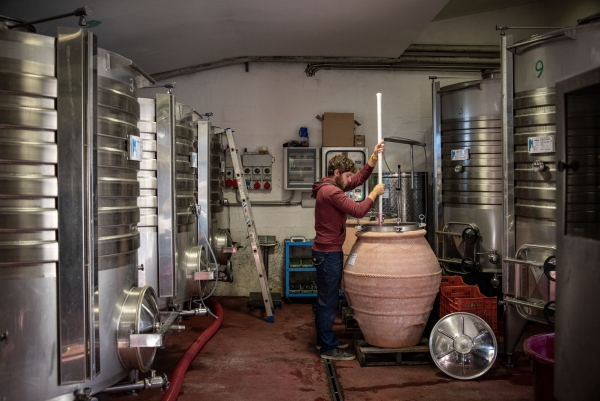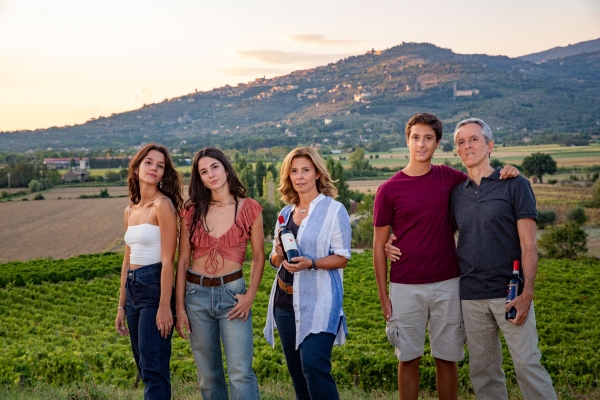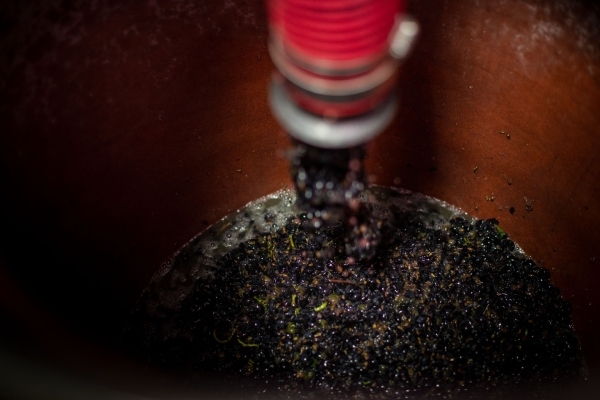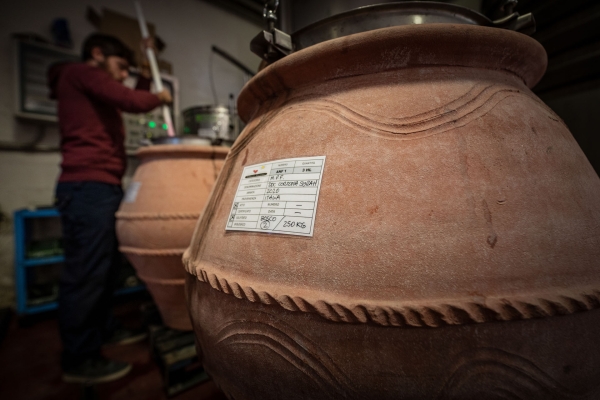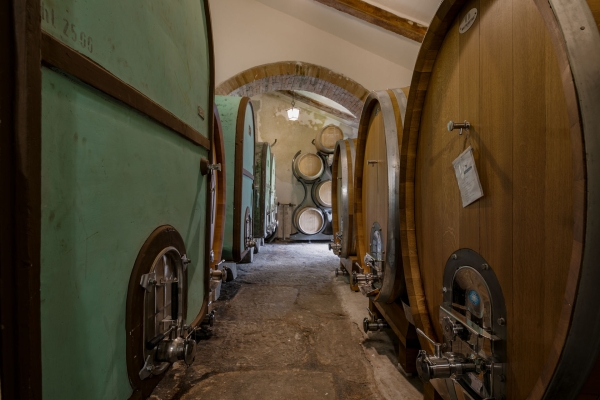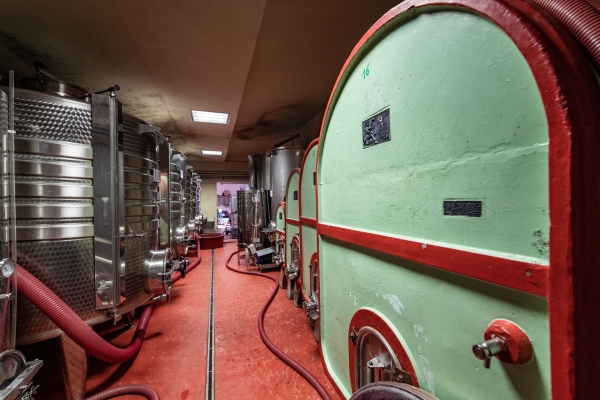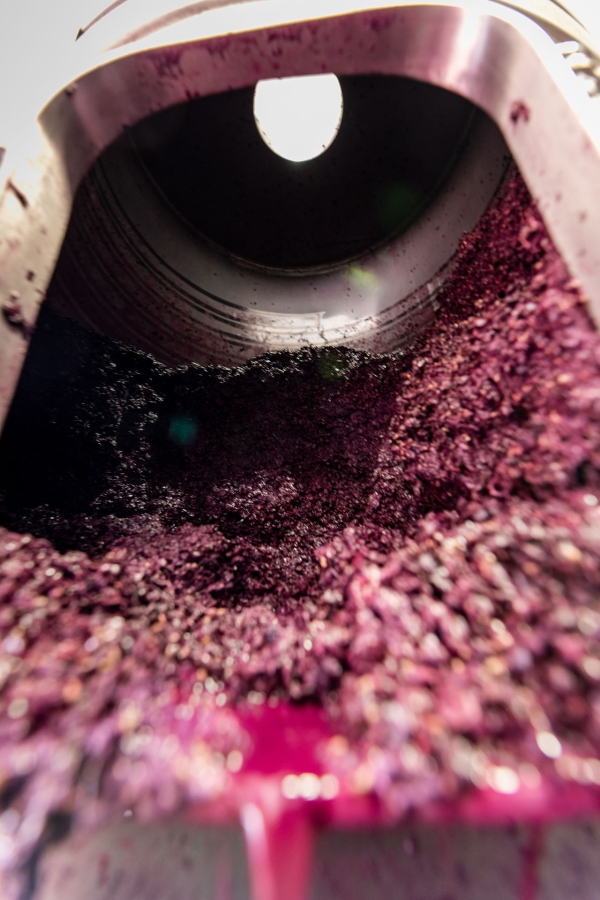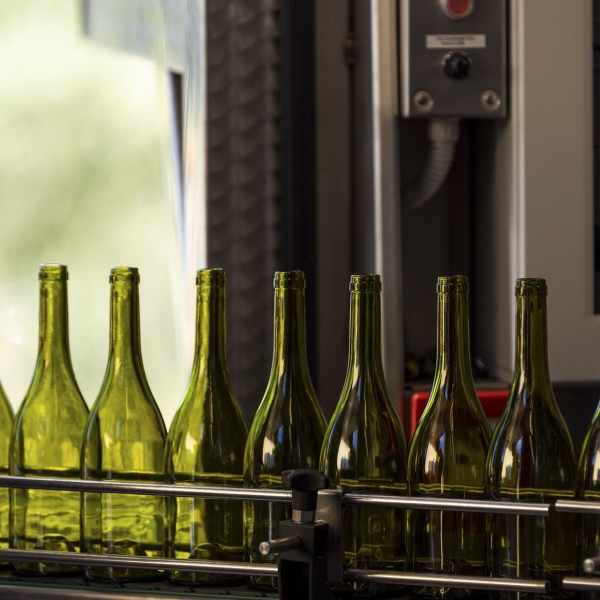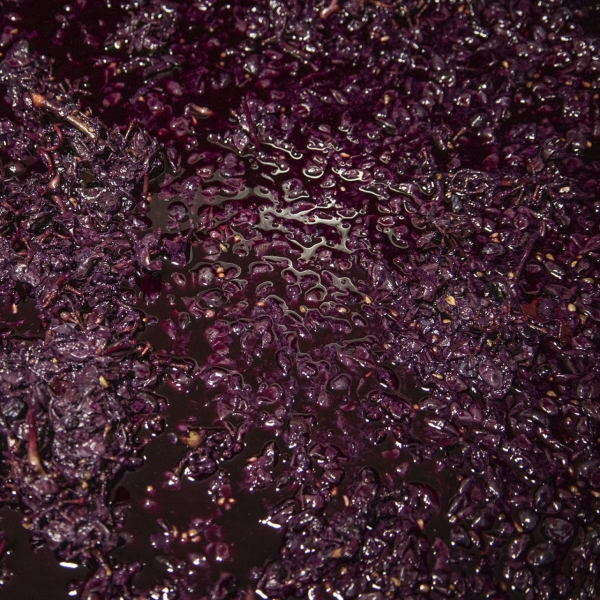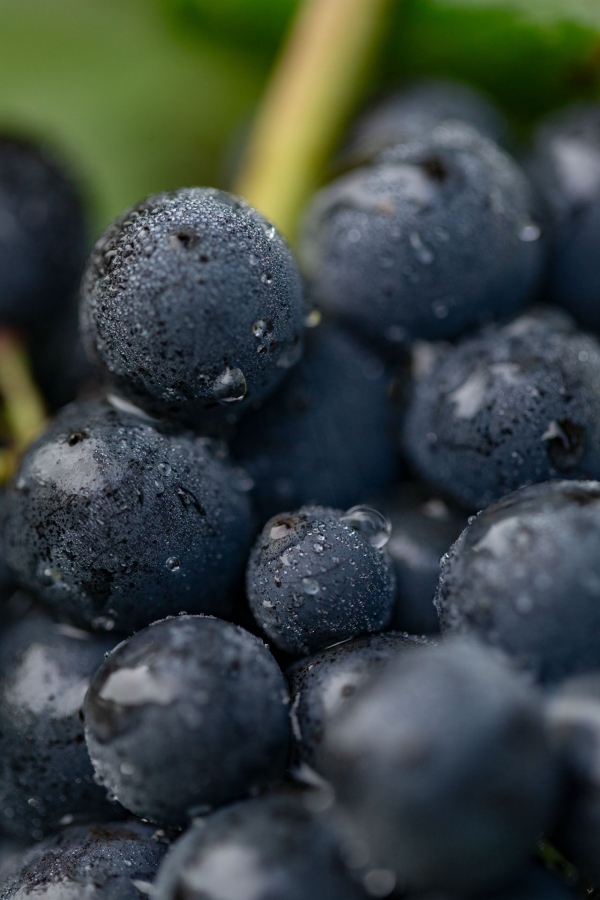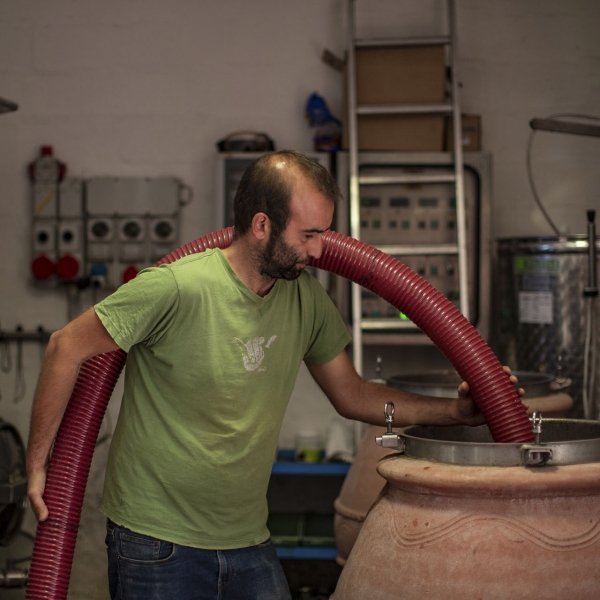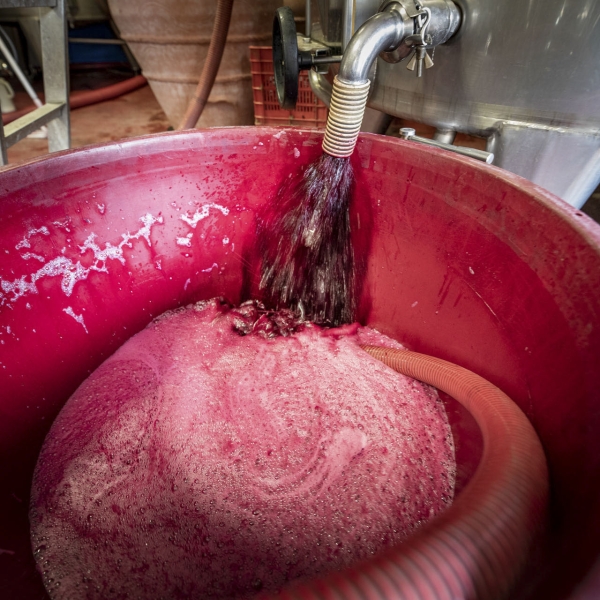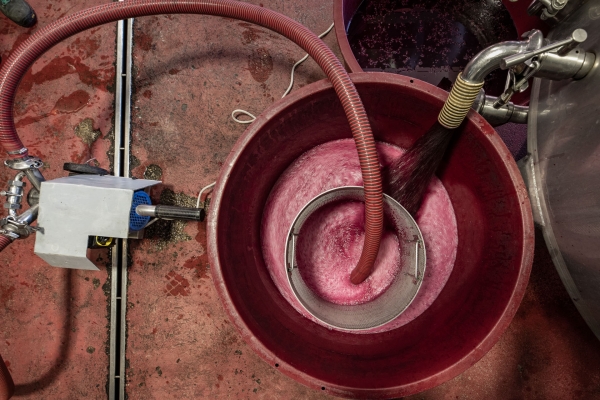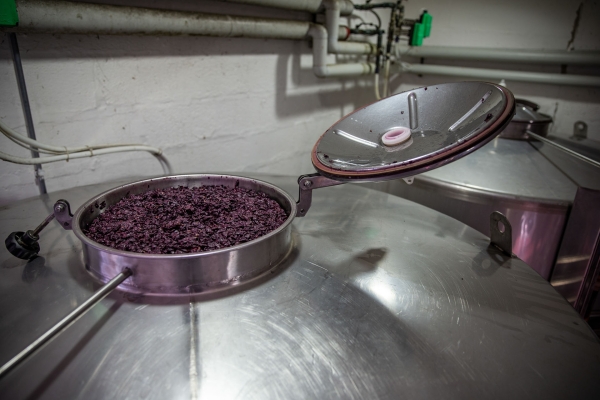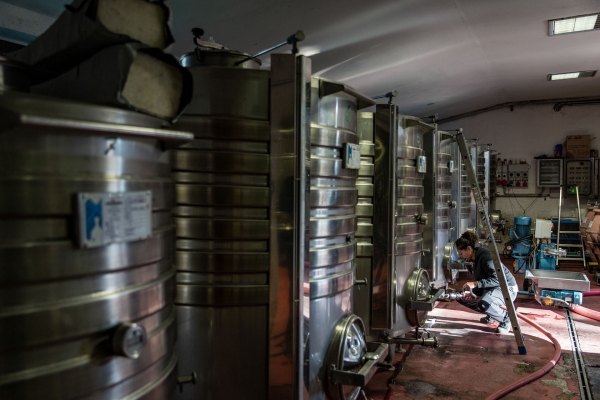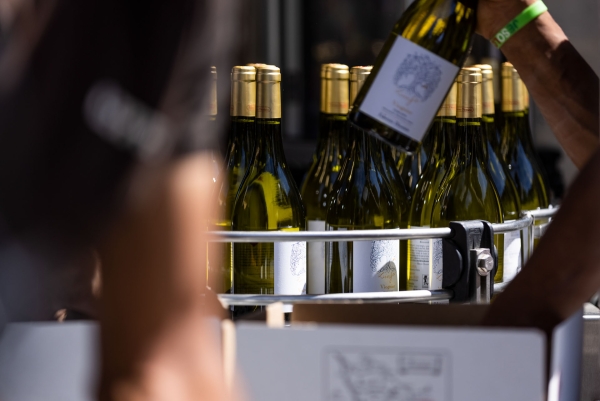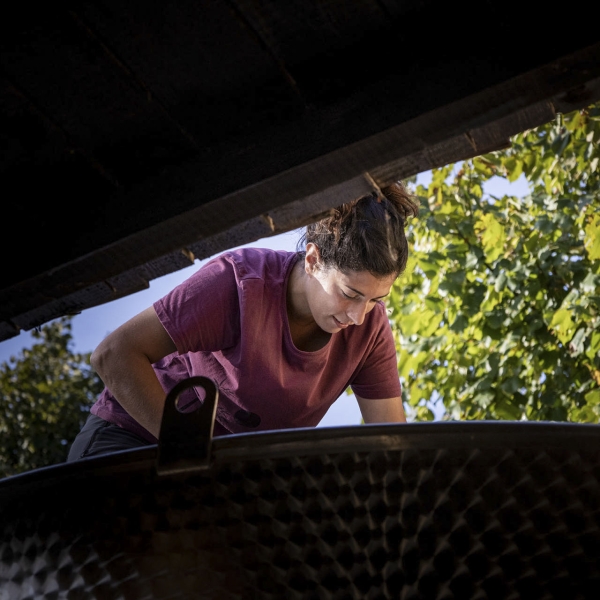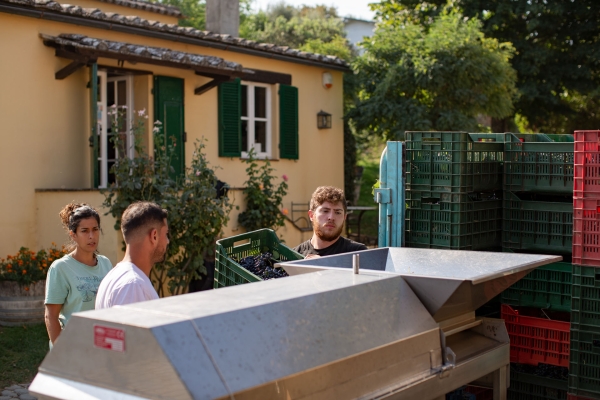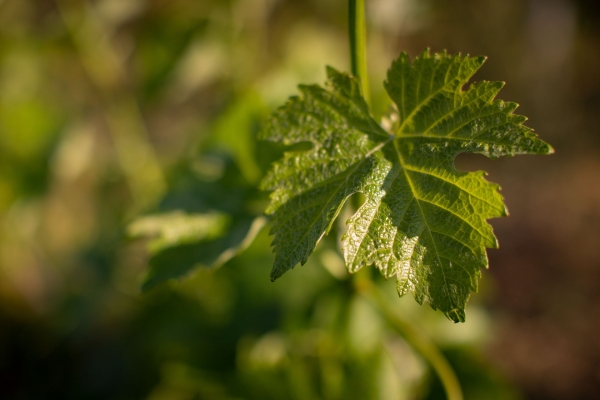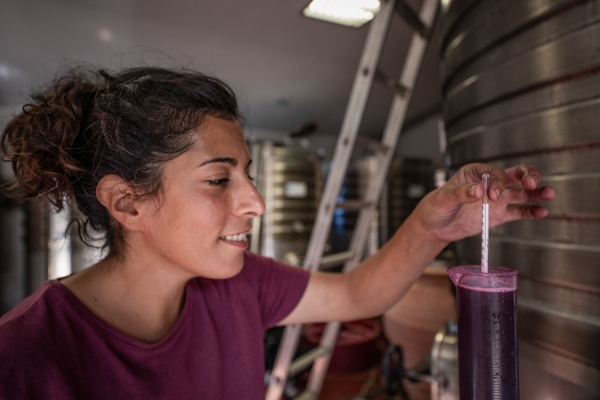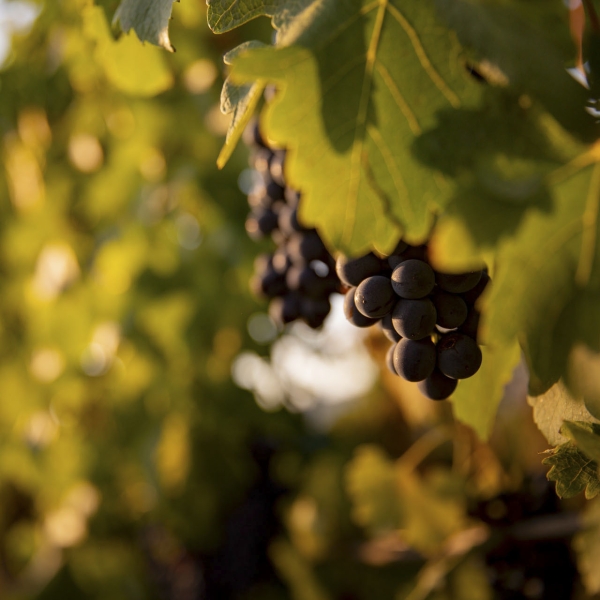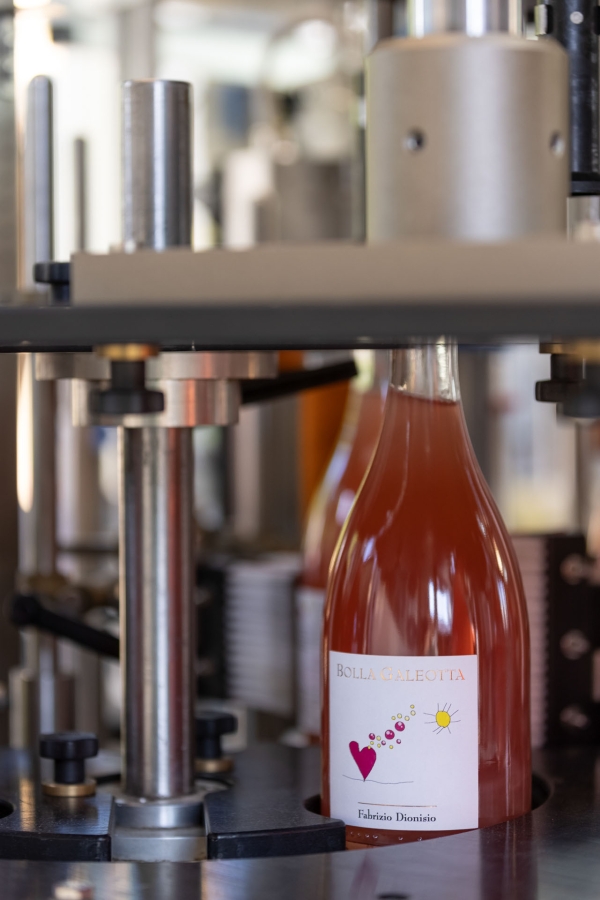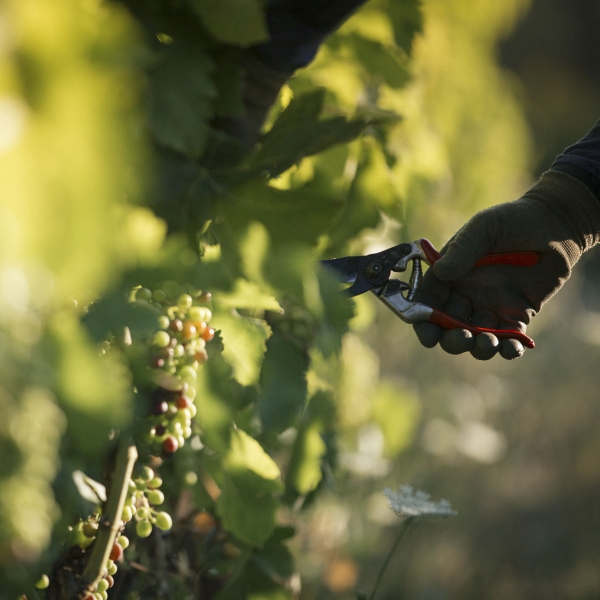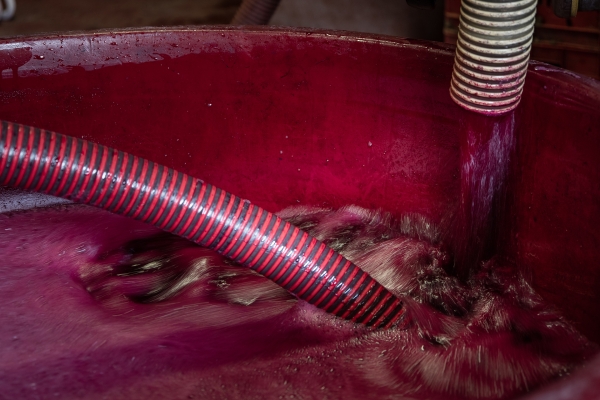My Dream
Passion project or dream?
A new millennium, a new project
Eventually, I decided to focus on my dream, which was more of a path inspired by curiosity, a passion for the subject, and the desire to challenge myself. It began when I was still a boy in love with nature, the countryside, Tuscany, and our family home in Cortona. It only began to take shape and become more concrete in the late 1990s.
This was when I decided to uproot the old and now obsolete vineyards producing a few bottles of a good, honest, but decidedly not unforgettable “family” wine. Starting in 2000, I replanted the vineyards on both of our estates, using new materials and techniques with entirely different criteria. I focused exclusively on red grape varietals, which have long been considered more suited to our land.
I increased the plants from 1300 plants per hectare to 5000. Furthermore, I decided to bet everything on the Syrah grape, a varietal that I love and which is said to be part of Cortona’s heritage thanks to the French occupation during Napoleonic times, which lasted for a few decades from the end of the 18th century. I find this theory fascinating and compelling, and I like to believe it, even though it is hard to verify.
Syrah in Cortona
A marriage that has lasted for more than a hundred years
Beyond these theories, which are more legendary than historical, is the fact that Syrah (which my friend Stefano Amerighi likes to say is a feminine noun and not masculine as others would have it) has objectively been grown in Cortona for well over a century, to the degree that it can now be considered a “local” cultivar, even more than an imported one. Furthermore, over the last few decades, this varietal has proved to be perfectly adapted to the Cortona area (and to the local terroir, which can be characterized by a particular microclimate, i.e., great warmth and brightness in spring and summer, a significant day-night temperature range, and soils with a peculiar structure and composition) and capable of giving exceptional results if cared for with the appropriate methods.
My choice was not random or commercial in nature but entirely instinctive. Ever since the beginning, I knew there was a good reason for Syrah to grow here and that it had massive unexplored potential.
Working with simple, strong ethics and clarity of purpose is the best way to respect and care for nature, its bounty, and those who will drink our wines.
Fabrizio Dionisio
Cortona DOC
Excellence inspired by the French
Time is proving me right. I made the right choice. Syrah wines from Cortona are recognized as some of the best, if not the best, in Italy. This small area in south-eastern Tuscany is an authentic French enclave in the land of Sangiovese. In fact, Cortona DOC area borders the Nobile di Montepulciano. It is also not far from Chianti and Brunello di Montalcino.
Research shows that Syrah’s legendary grape varietal originated in the splendid region in the south of France. Wines from that area are still phenomenal – some of their famous wines include Côte Rôtie, Hermitage, and Cornas. In Australia, the word is written Shiraz, suggesting the possible Middle Eastern origins of the grape.
Key Words
Artisanal and Natural
My dream, or project – which I have continuously developed with help from agricultural specialists and winemakers who are friends and who share my beliefs and production philosophy – is to make wines that are entirely “artisanal” and “natural” in the best and noblest meaning of the words. In other words, I care about respecting the environment, the land, and its fruit (with its precious organoleptic peculiarities); I choose to use natural processes of transforming grapes into wine while adopting the methods and technologies that assure that the final product is clean, healthy, and pure. While it’s a fact that to make wine, human intervention is indispensable, I need to ensure it is done delicately and respectfully.
Working with an open mind is especially important to me, without preconceived notions or obsessions. We do all the work manually, never in a standard way. Each vintage is different, from one year to the next, and we have to adapt accordingly, creating and crafting our approach the way a tailor constructs a shirt, according to the unrepeatable characteristics of each year. We interpret the season with sensitivity and common sense and pay attention to what the parcels, which are always vinified separately at every stage of production, both in the vineyard and in the cellar, need.
To my mind, a 'natural' approach to viticulture should be the norm, at least for small family-run wineries. Likewise, the word ‘natural’ should not be a cliché taken up by purist winemakers who seek to ghettoize natural winemakers with self-referential fundamentalists who produce wines of dubious quality. The true added value here is 'craftsmanship,' which should be interpreted in terms of 'handmade.' Every step of the way, from vine to wine, is tended to with meticulous care. This is what makes our work and our wines truly unique.
I believe we can achieve true excellence only by concentrating on small quantities and working with absolute care and unwavering rigor, both in the vineyard and in the cellar (and naturally with our own grapes only).
Fabrizio Dionisio
Dynamism and Curiosity
Syrah, in all its shapes and forms
Our goal is to create wines with soul, never bland ones.
Our objective has always been and will always be to obtain great Syrah wines that can both hold their own alongside the best-known Syrah, but that are also clearly, unequivocally Tuscan, or rather, Cortonese. We focus more on minerality, character, elegance, and finesse, a quality generated only by deep, ancient, and exceptional soils and, to a lesser degree, on power and heft. We work to coherently interpret and express with originality and sincerity the territory where our wines were born.
Working with a single grape variety lets us indulge in the irresistible temptation of exploring and experimenting with this beautiful variety.
So, as expected at a winery where its people are passionate and curious about their work, we made two white Syrah wines and four red Syrah wines. Each one is vastly different from the next in terms of harvest time, vinification methods, duration of maceration, aging containers (we currently use barrels, small and large wooden casks, French and/or Slavonian oak, cement casks, terracotta amphorae...and who knows what we’ll use in the future!), time spent on the lees, and the maturation, both in the cellar and in the bottle.
Our best wine…
will always be the next one we make!
We enjoy working as if in a studio or workshop, or laboratory. We don’t follow one rigid dogma, have no particular prejudices or protocols, and never take anything for granted or think we know what will happen. We’re always flexible, open to different experiences, and confident that every day is an opportunity to learn something new. That’s why we like to say that our best wine will be the next one, that the perfect wine has never been made; maybe it doesn’t even exist. But that’s the one we aspire to.
Otherwise, what’s the point of it all?
